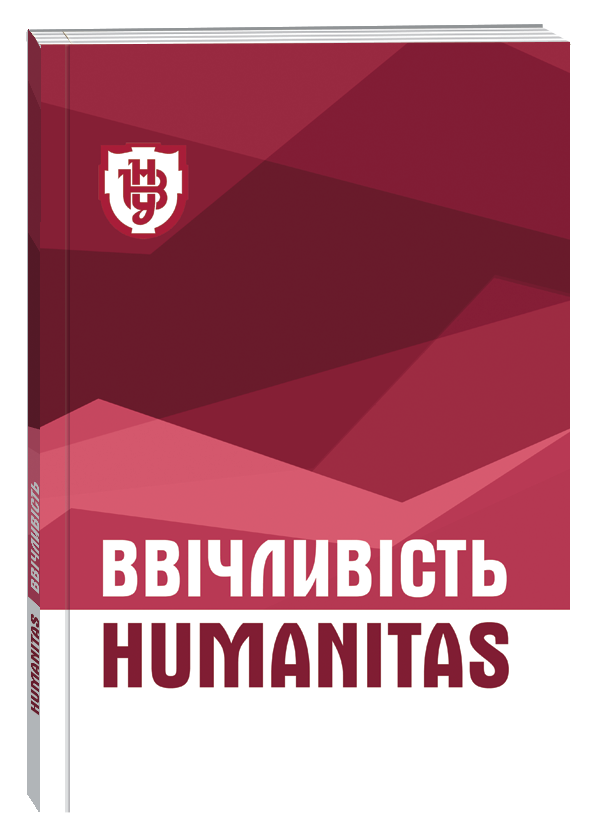PROFESSIONAL BURNOUT OF SOCIAL WORKERS IN WAR CONDITIONS
DOI:
https://doi.org/10.32782/humanitas/2022.6.5Keywords:
social worker, professional burnout in the conditions of war, provision of social services.Abstract
The article substantiates the necessity and exceptional role of the work of social workers during hostilities on the territory of Ukraine. In particular, it is stated that in a prolonged stressful state, a social worker potentially suffers from professional burnout. It is emphasized that the burnout of social workers is manifested in: negative changes in behavior stereotypes, professional skills, communication models; decrease in the level of productivity of the work performed; reduction of the ability to make volitional decisions, disinterest in professional self-improvement; unscrupulous attitude towards the performance of assigned duties. It was found that the professional burnout of a social worker occurs against the background of increased responsibility for the very nature and results of one's activity. This fact causes considerable psychological stress for the social worker, as it is accompanied by a high level of self-responsibility and possible potential risks for the recipient of social services. It is emphasized that in the conditions of martial law, the development of professional qualities of a social worker slows down under the influence of stress and fear of the consequences of a military invasion. Factors that have the greatest influence on professional activity in the social sphere in the conditions of war are analyzed. In particular, the main criteria that lead to the burnout of a social worker are highlighted. A number of objective and subjective factors have been analyzed, which have intensified in war conditions, provoke powerful emotional tension and stress, give rise to a feeling of dissatisfaction, accumulation of fatigue, which in turn leads to exhaustion and dismissal of the social worker. As a result of the analysis, it was found that professional burnout of social workers is a destructive factor that not only reduces the quality of social services, indicates professional regression, dissatisfaction with self-realization, destroys their physical and psychological health, and is a danger for clients, who turn to social services for help.
References
Брич В. Я., Миколюк С. М. Соціальний захист сиріт в Україні: монографія. Тернопіль: ТНЕУ, 2019. 200 с. URL: http://dspace.wunu.edu.ua/handle/316497/37769
Втрати української армії в війні, яку розв'язала росія, становлять 13 тисяч загиблими. URL: https://www.slovoidilo.ua/2022/12/01/novyna/polityka/zelenskoho-nazvaly-vtraty-ukrayinskoyi-armiyi-vijni-proty-rf
Главацька, О. Л. Попередження та подолання професійного вигорання соціальних працівників. Науковий вісник Ужгородського національного університету: серія: Педагогіка. Соціальна робота. Ужгород: Говерла, 2019. Вип. 2 (45). С. 41–45. URL: https://dspace.uzhnu.edu.ua/jspui/handle/lib/24855
Перхайло H. Попередження професійного вигоряння майбутніх фахівців соціальної сфери. Педагогіка та психологія: збірник наукових праць. Харків, 2016. Вип. 55. С. 204–210. URL: https://zenodo.org/record/194867
Про соціальні послуги. Закон України від 17 січня 2019 року № 2671-VIII. URL: https://zakon.rada.gov.ua/ laws/show/2671-19#Text 6. Рідкодубська Г.А. Професійне вигорання соціальних працівників. Вісник Запорізького національного університету. Педагогічні науки № 1 (34). 2020. С. 266–271. URL: https://journals.indexcopernicus.com/api/file/ viewByFileId/1376768.pdf







